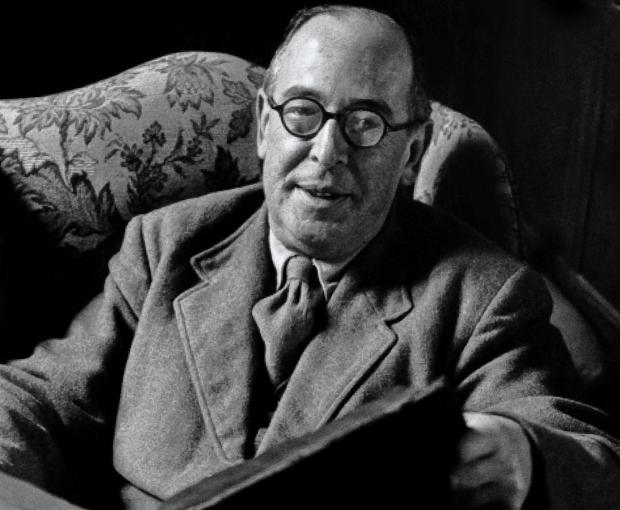When I first started writing this post in my head, before I had posted it on my blog, Linda Kruschke’s Blog, back in 2009, in my head the title was “Love Is an Action Verb.” But as I thought more about it I realized there is more than one kind of love, and that love AS as an action verb was just one – and in my opinion the best – form of love.
4
Four Kinds of Love
In our impoverished English language, we use the word love in many different ways. I love my spouse, I love my dog, I love chocolate, I love my new shoes, I loved that movie I watched last night, and I love God.
Surely we don’t have the same feelings about all of these things, yet we use the same word. In the parts of the Bible that were originally written in Greek, there are four different Greek words that we translate as love:
- Storge – refers to the love that is felt between family members and close relatives.
- Philia – refers to the love that is between friends.
- Eros – refers to deep emotion or passion that is felt between lovers and spouses.
- Agape – refers to the kind of love that God has for us and is what I mean by love as an action verb.
Agape is a kind of love that is about giving, not about getting.
God showed us what agape is by His incarnation as Jesus Christ and by His death on the cross to pay for our sins. Agape is not just a feeling, it is what God is. He acts towards us in the way that He does not because of how He feels about us, but because of who He is; because He chooses to love us with agape love.
Agape is a type of love that we can, if we choose, combine with any one of the other three kinds of love. We can go beyond how we feel about others and truly love them in the way that God loves us. C.S. Lewis put it this way in his wonderful book Mere Christianity:
“The rule for all of us is perfectly simple. Do not waste time bothering whether you love your neighbor; act as if you did. As soon as we do this we find out one of the great secrets. When you are behaving as if you loved someone, you will presently come to love him.”
Agape and Philia
A couple of years ago, I went to the beach with some old friends and had an opportunity to practice agape with someone towards whom I feel philia. Before I left home for the weekend, I received an email from one of my friends saying it would be really great if the house we were renting was all warmed up, with the water turned on and 7-layer bars baking in the oven, when they arrived. These friends had a much longer drive than I did, and she knew I would arrive at the house several hours before they did.
I can tell you that I did not feel like driving by myself at night in the pouring rain to Cannon Beach, I did not feel like hunting around outside in the wind and rain for the water valve to turn on the water, and I really did not feel like baking cookies in the gas oven in a kitchen I am unfamiliar with. But I chose to do all of those things anyway because I love my friends and wanted to make them happy. I combined the philia I felt with agape I have learned from God and received blessings in return.
Agape and Eros
In our society today a high percentage of marriages end in divorce. Often the reason cited is that one spouse doesn’t love the other anymore; that feeling they had when they met is gone. The type of love that can disappear in a relationship is eros.
Now eros is important for couples to be attracted to each other and get married, but it cannot, by itself, sustain a lifelong commitment. To create a lasting marriage, a couple must combine eros with agape. Each spouse must act as if they love the other even when they don’t feel like it or are angry or annoyed by the other spouse. A simple text to say “I love you,” a special dinner that your spouse likes, doing housework to lighten the other’s load, a hug and a kiss at the beginning and end of each day – all of these actions are examples of agape.
Who do you need to love (agape) today?
Each day we need to make a conscious effort to incorporate agape love into our interactions with those around us. Who is God calling you to love today? Don’t feel like it? As Nike would say, “Just do it.” After all, love as an action verb can be a blessing to others that is returned to you in an even greater measure than you give.
“Love one another with brotherly affection. Outdo one another in showing honor.”
Romans 12:10
I Agape You,
Linda R. K








 How could I, as a Christian, indeed as a theologian of the church, understand anything in my life as though it were separate from God? This is clearly impossible. And yet how could I confess my faith in that God who was
How could I, as a Christian, indeed as a theologian of the church, understand anything in my life as though it were separate from God? This is clearly impossible. And yet how could I confess my faith in that God who was 


